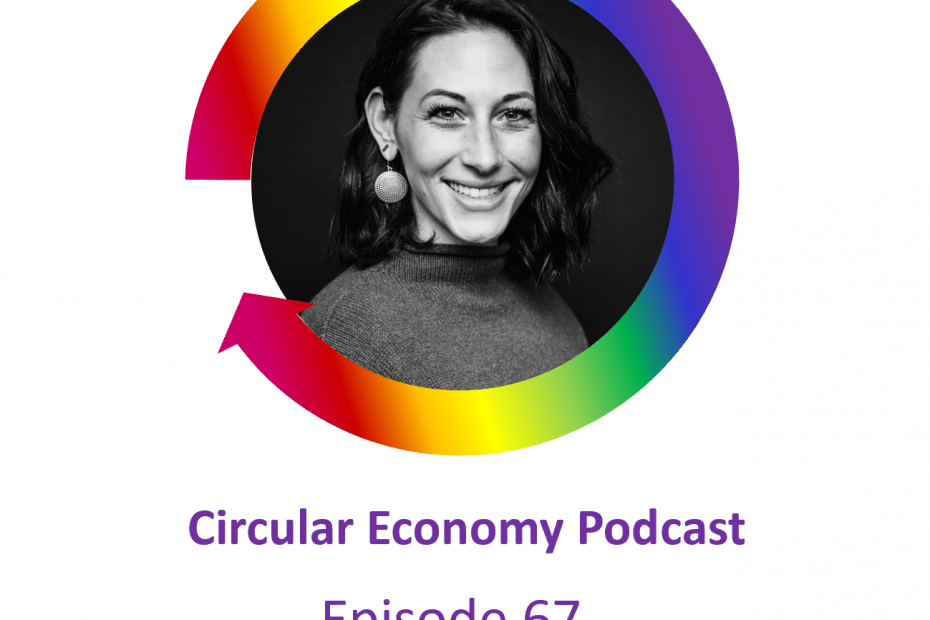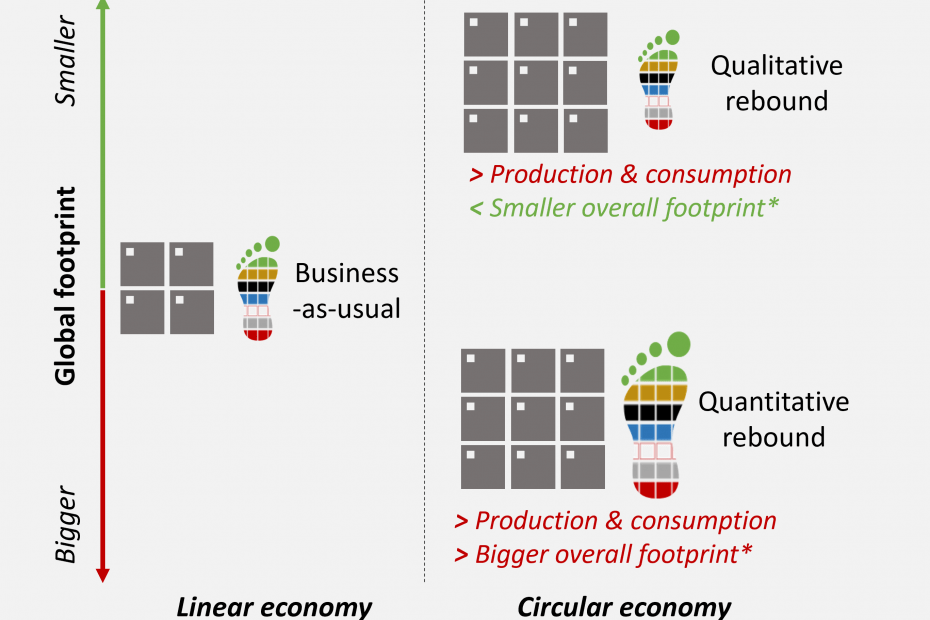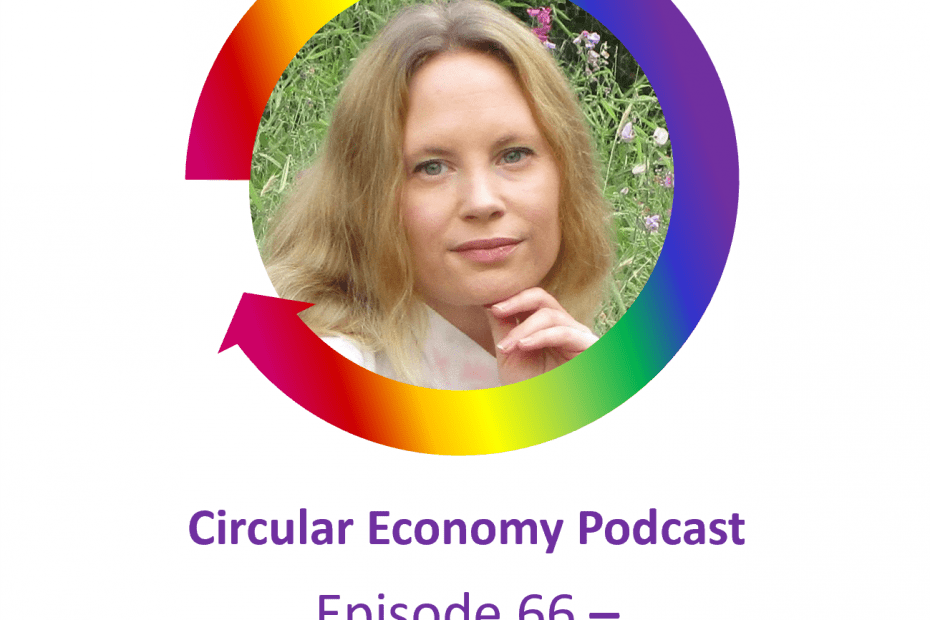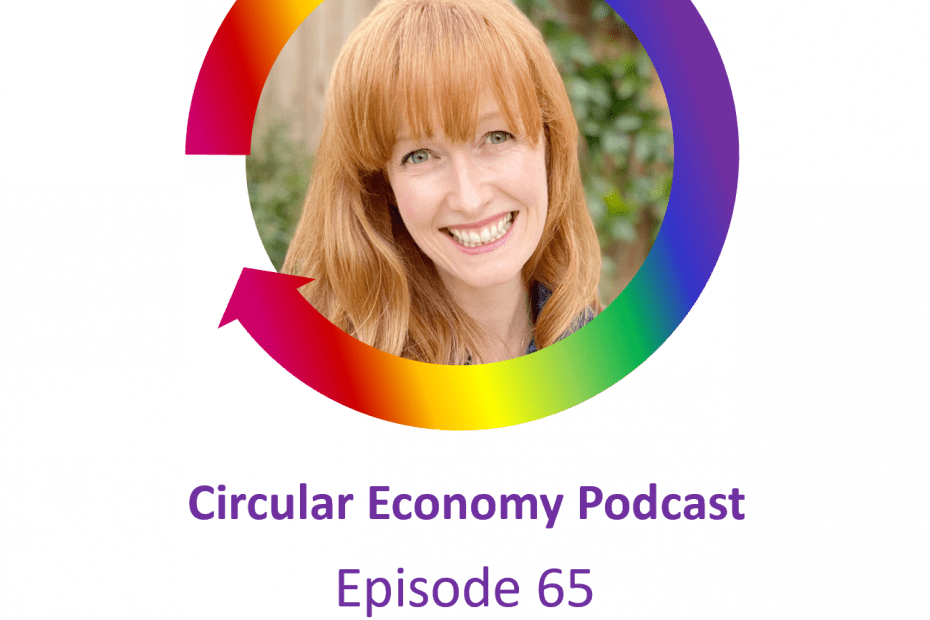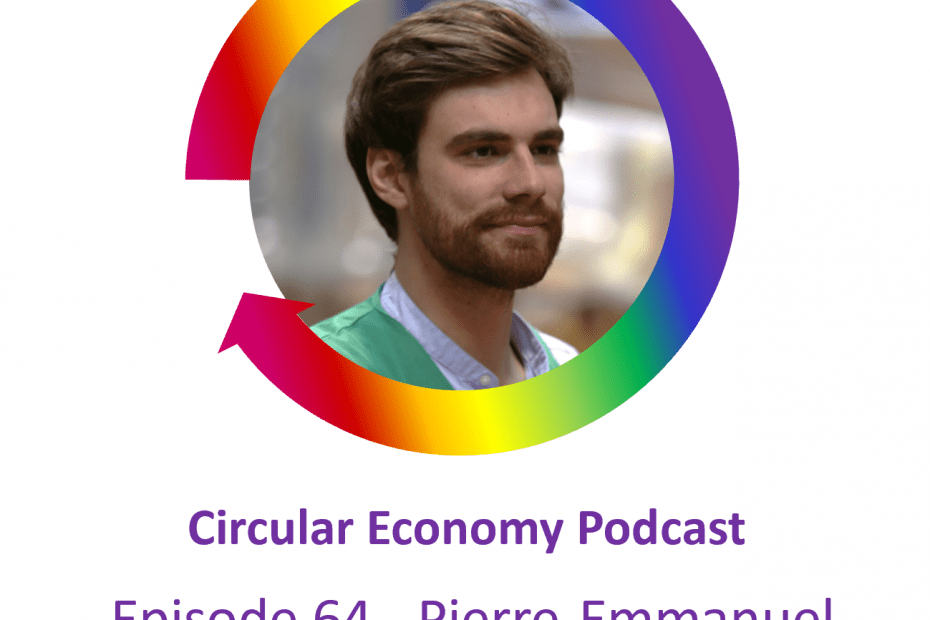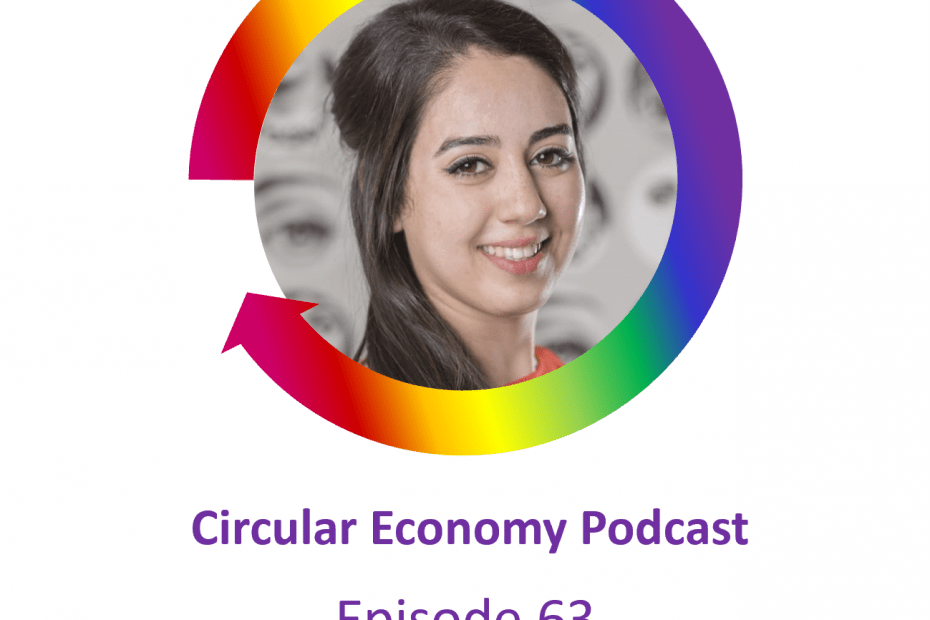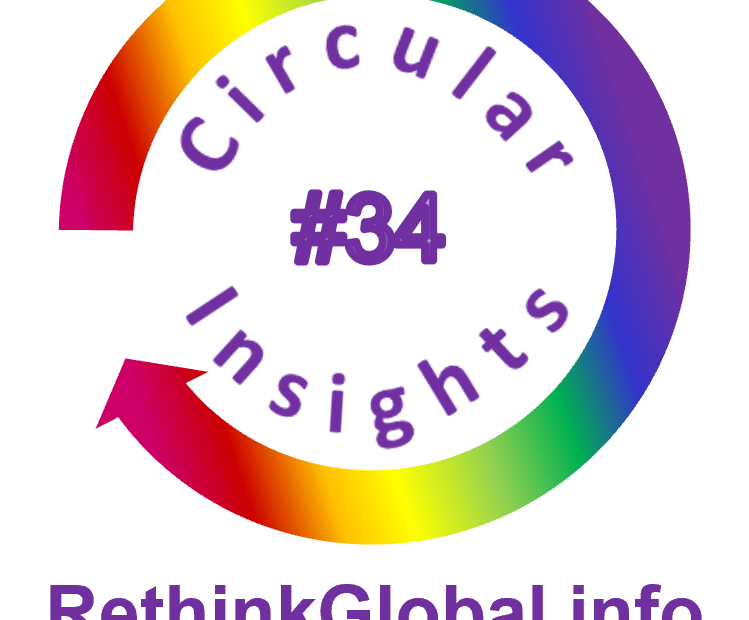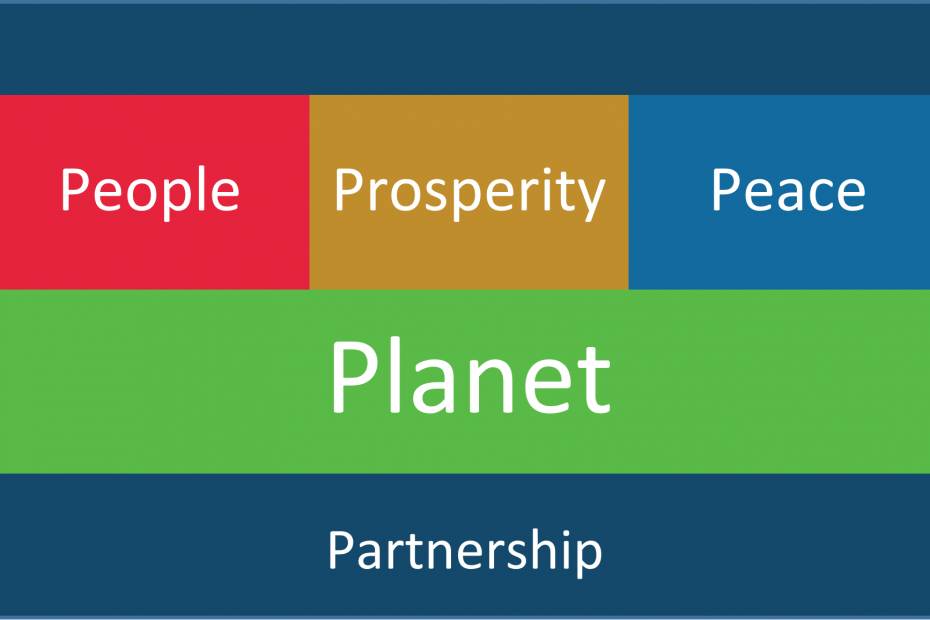The UK’s first shared wardrobe for kids – Charlotte Morley founded thelittleloop to offer a solution to clothing waste with convenience, choice, quality and value. Charlotte grew up being an advocate for sustainability, and found becoming a parent was a watershed moment. But, when it came to dressing her children she couldn’t find a satisfactory solution to the waste that rapidly-growing mini-humans create. Hand-me-downs were haphazard and offered no choice. Buying new then trying peer-to-peer resale was incredibly time consuming and didn’t recover much of the original cost. Charlotte was intrigued by how to incentivise children’s clothing brands to create garments that would last. Shocked by the problems of under-used clothing and frustrated by the lack of convenient solutions, she decided to solve the problem by working with children’s clothing brands to create a rental service, thelittleloop, offering a solution to clothing waste with convenience, choice, quality and value. The little loop works hand in hand with brands, who take a share of the rental revenue, sharing responsibility for the lifespan of the garments, and receiving data to help improve their production standards. Charlotte’s business is already winning awards, including from Marie Claire and Junior magazine, and was featured in the Guardian last month.
